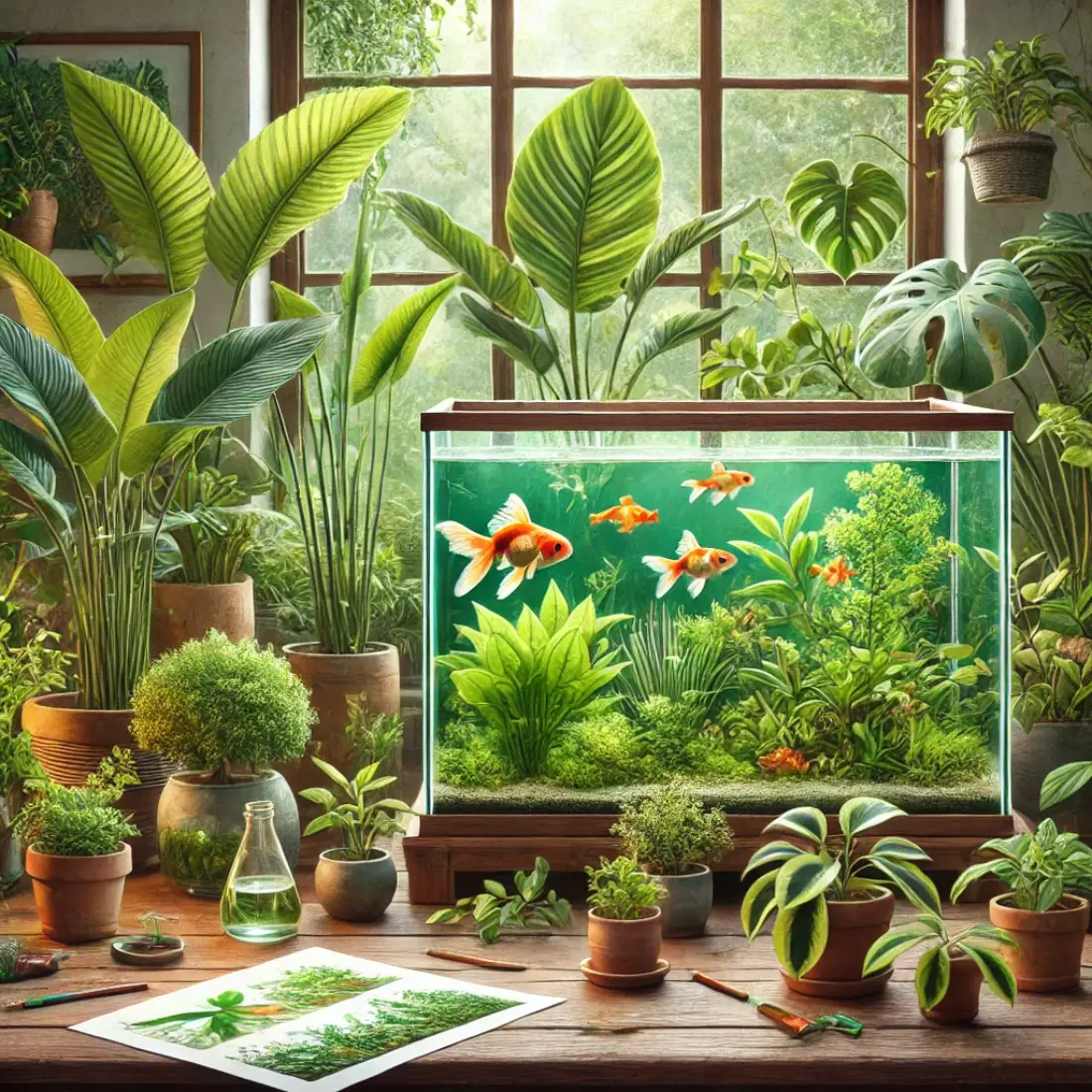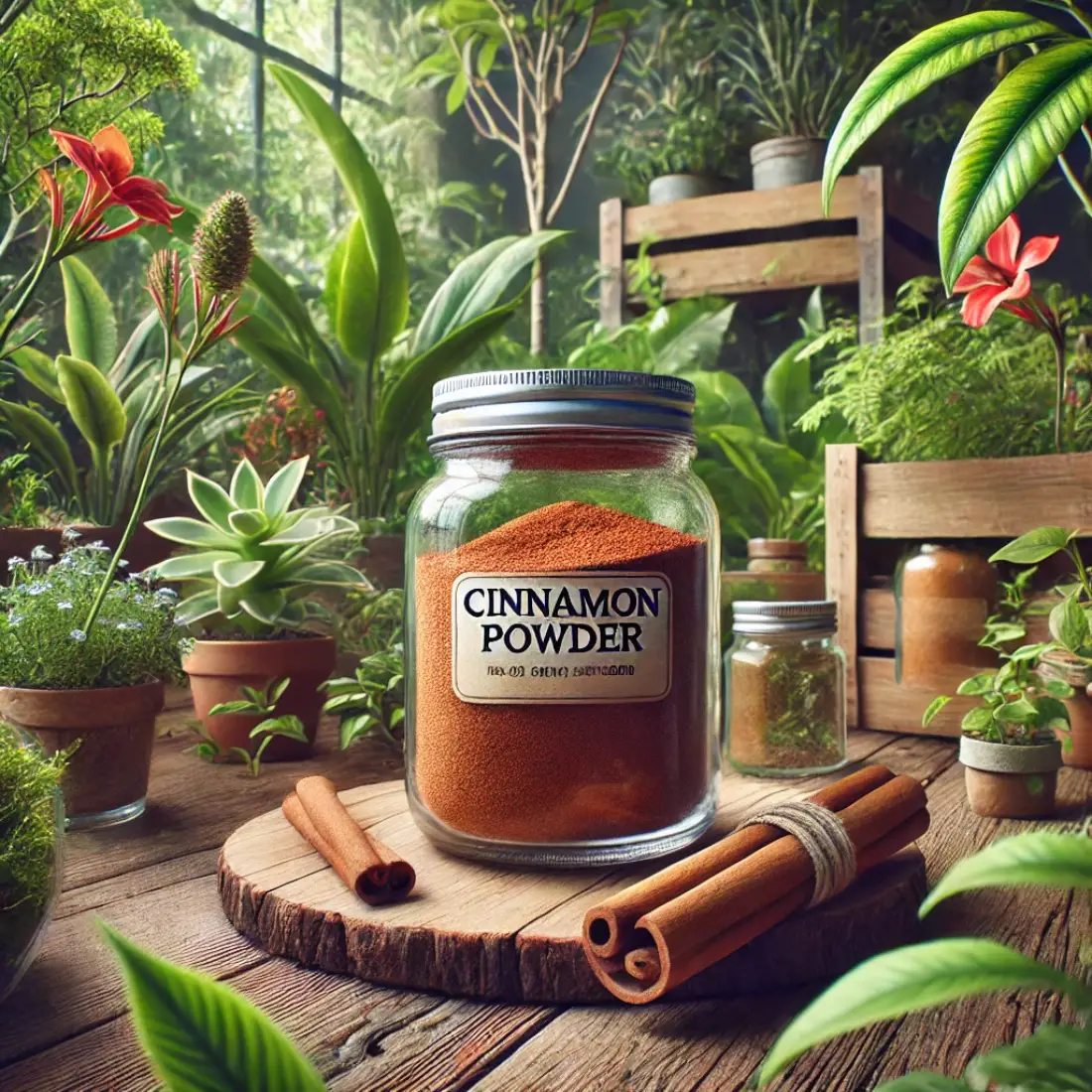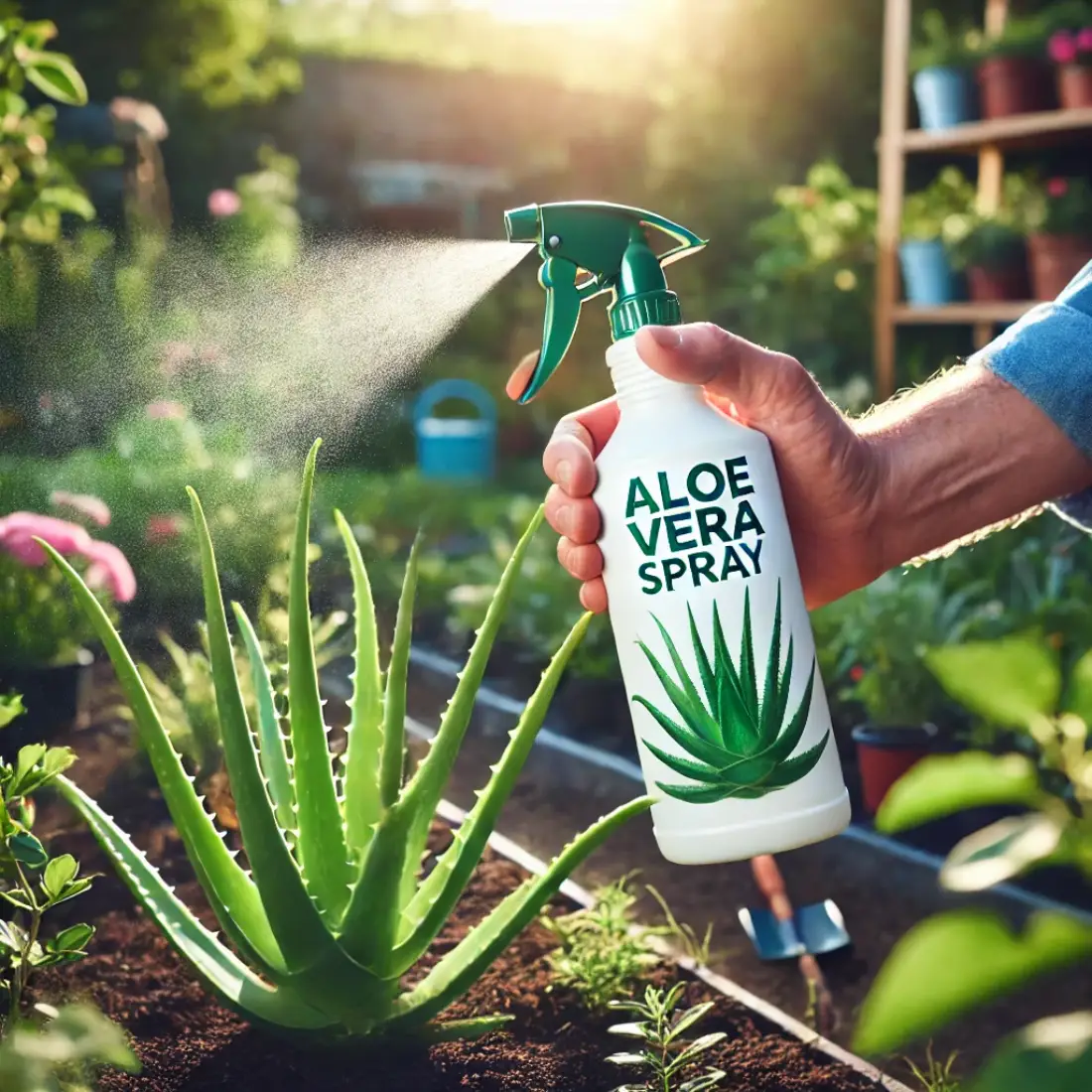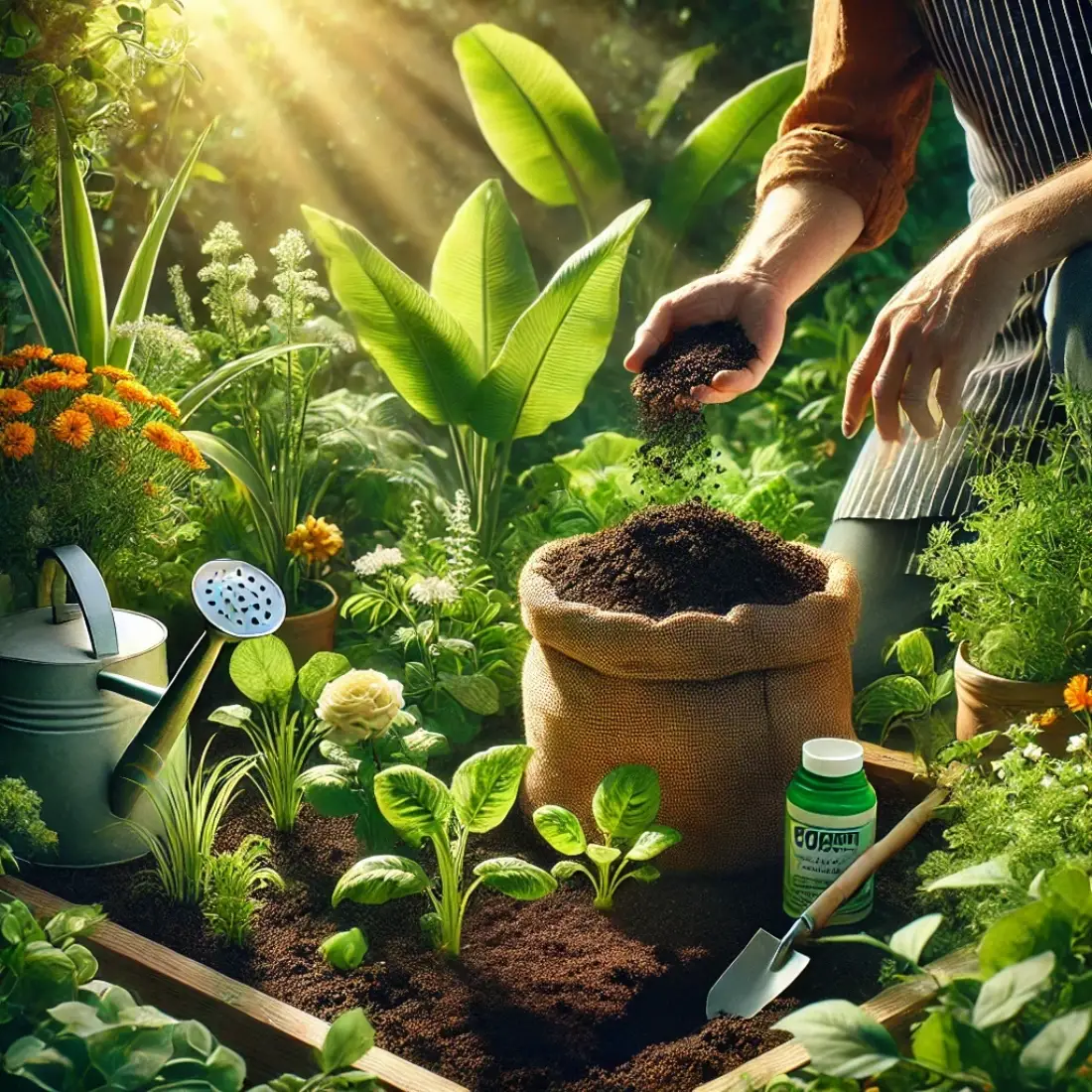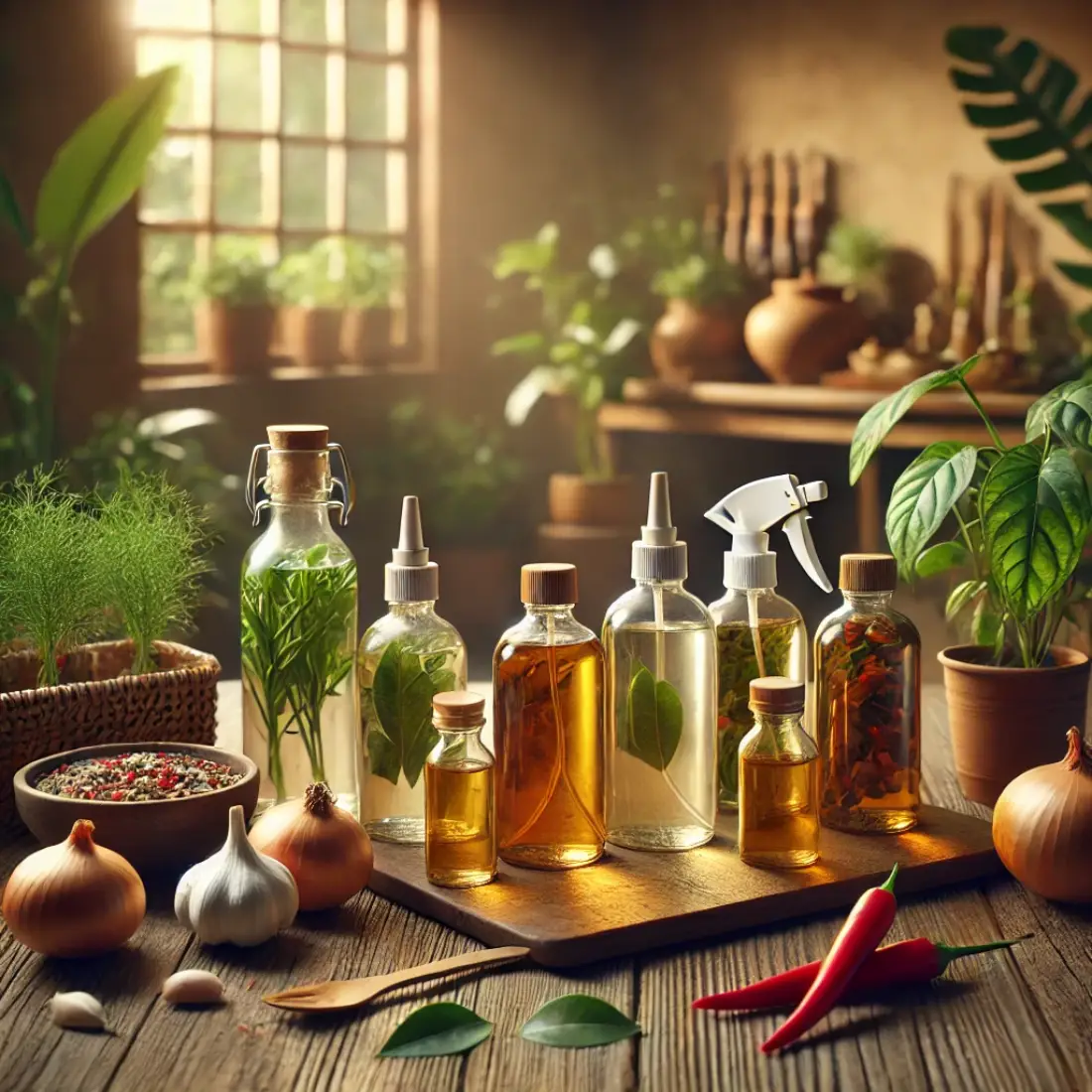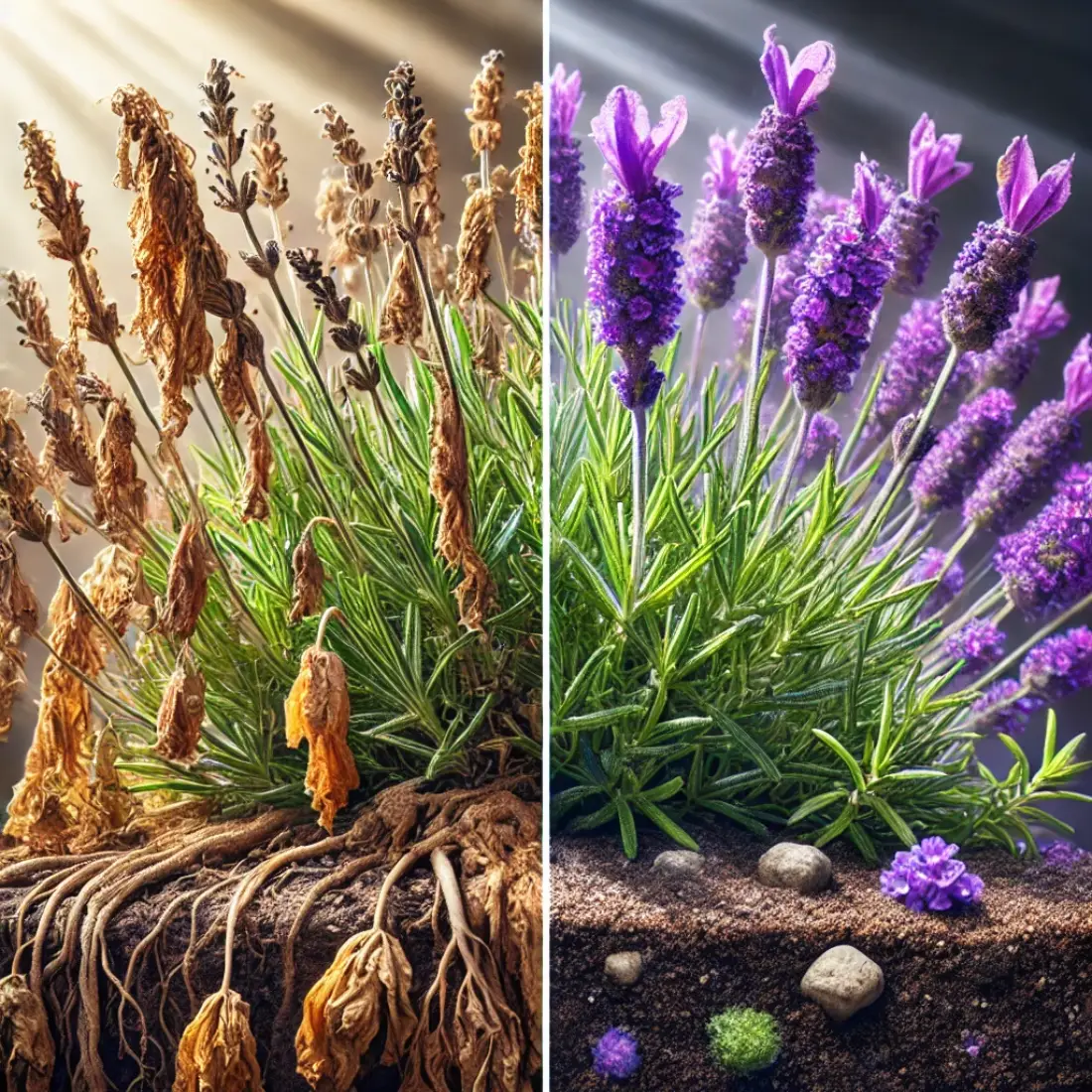Using aquarium water as a fertilizer for houseplants is an eco-friendly and cost-effective way to nourish your indoor garden. Rich in nutrients like nitrogen, phosphorus, and potassium, aquarium water can enhance plant growth while reducing the need for chemical fertilizers. This natural solution not only supports healthy foliage but also promotes soil health by introducing beneficial bacteria.
- Aquarium water is rich in essential nutrients like nitrogen, phosphorus, and potassium, making it an excellent natural fertilizer for houseplants.
- Using aquarium water helps promote healthy plant growth and improves soil health by introducing beneficial bacteria.
- It’s an eco-friendly and cost-effective alternative to chemical fertilizers, reducing waste and benefiting the environment.
- Freshwater aquarium water is generally safer for houseplants, while saltwater should be used with caution or avoided.
- Regularly using aquarium water can lead to vibrant, lush indoor plants, provided it’s applied correctly and in moderation.
Types of Aquarium Water Suitable for Houseplants
When considering the use of aquarium water as fertilizer for houseplants, it’s important to understand the different types and how they impact plant health. Not all aquarium water is created equal, and some types may be more beneficial—or potentially harmful—depending on the needs of your plants.
Freshwater Aquarium Water
- Nutrient Content: Freshwater aquarium water is typically rich in nutrients like nitrogen, potassium, and phosphorus, making it highly beneficial for houseplants.
- pH Levels: Generally, freshwater tanks have a neutral to slightly acidic pH, which is suitable for most indoor plants.
- Safety: It’s safe to use for a wide variety of plants, as long as the water is not contaminated with fish medications or other chemicals.
Saltwater Aquarium Water
- High Salinity: Saltwater contains high levels of salt, which can be harmful to most houseplants if used directly.
- Limited Use: Only use saltwater on salt-tolerant plants, such as certain succulents, or avoid it altogether for most indoor species.
- Dilution: If using saltwater, it must be heavily diluted to prevent salt buildup in the soil, which can lead to root damage.
Brackish Water
- Mixture of Fresh and Saltwater: Brackish water is a combination of freshwater and saltwater, with moderate salinity levels.
- Plant Tolerance: Suitable only for plants that can tolerate some salt, but caution is advised.
- Application: Like saltwater, brackish water should be diluted and used sparingly to avoid harming sensitive plants.
Treated Aquarium Water
- Chemically Treated Water: If your aquarium water has been treated with medications or algae control chemicals, it’s not suitable for plant use.
- Toxins: These treatments can introduce toxins that may harm your plants or disrupt the soil ecosystem.
- Avoidance: Always avoid using treated water on houseplants to ensure their safety and health.
Step-by-Step Guide to Using Aquarium Water as Fertilizer
Using aquarium water as a natural fertilizer for your houseplants is simple and highly effective when done correctly. Follow these steps to ensure your plants get the most benefit without any risks.
Collecting Aquarium Water
- Timing: The best time to collect aquarium water is during routine tank maintenance, such as water changes. This ensures that the water is nutrient-rich and free of harmful buildup.
- Tools: Use a clean bucket or container specifically for this purpose to avoid contamination.
- Storage: If you’re not using the water immediately, store it in a sealed container in a cool, dark place to maintain its nutrient quality. Avoid storing for more than a few days.
Applying Aquarium Water to Houseplants
- Frequency: Water your plants with aquarium water every 2-4 weeks, depending on their needs. Over-fertilizing can lead to nutrient overload and harm the plants.
- Dilution: For sensitive plants, consider diluting the aquarium water with an equal amount of regular water to prevent over-fertilization.
- Methods: Apply the water directly to the soil, ensuring even coverage around the base of the plant. Alternatively, you can use it as a foliar spray for a quick nutrient boost, but avoid this method for plants with sensitive leaves.
Monitoring Plant Health
- Observation: After applying aquarium water, keep an eye on your plants for signs of improvement, such as new growth and vibrant foliage.
- Adjustments: If you notice yellowing leaves or stunted growth, reduce the frequency or dilute the water further. Each plant has unique needs, so adjustments may be necessary.
- Record Keeping: Track your fertilization schedule and plant responses to fine-tune your approach over time.
Potential Risks and How to Avoid Them
Using aquarium water as a fertilizer offers numerous benefits, but there are potential risks that you should be aware of to ensure the health of your houseplants.
Overwatering
- Risk: One of the most common mistakes is overwatering, which can lead to root rot and other issues.
- Solution: Always check the soil moisture before adding aquarium water. If the soil is still damp, wait until it dries out to prevent waterlogging.
Using Contaminated Water
- Risk: Aquarium water from tanks treated with medications, algae controls, or containing high salt levels can harm plants.
- Solution: Only use water from untreated freshwater tanks. Avoid water from saltwater or brackish tanks unless it’s heavily diluted, and never use water with chemical treatments.
Nutrient Imbalance
- Risk: Over-fertilizing with aquarium water can lead to nutrient imbalances, causing yellowing leaves or stunted growth.
- Solution: Monitor your plants closely after applying aquarium water. If negative symptoms appear, reduce the frequency or dilution rate of applications.
FAQs about Aquarium Water as a Fertilizer
Can I use aquarium water for all types of houseplants?
While most houseplants can benefit from aquarium water, plants with low nutrient needs, such as succulents and cacti, may require diluted water or less frequent applications to avoid over-fertilization.
How often should I fertilize my houseplants with aquarium water?
Typically, fertilizing every 2-4 weeks is sufficient. However, this can vary depending on the plant species and its growth stage. Monitor your plants and adjust accordingly.
Is it safe to use saltwater aquarium water on houseplants?
Saltwater is generally not safe for most houseplants due to its high salinity, which can damage roots. If you must use it, dilute heavily and only apply to salt-tolerant plants.
Can I store aquarium water for later use?
Yes, you can store aquarium water in a sealed container for a few days. However, it’s best used fresh to retain maximum nutrient value and avoid potential bacterial growth.
What should I do if my aquarium water contains fish medications?
Do not use water from aquariums treated with medications, as the chemicals can be toxic to plants. Wait until the medication cycle is complete and perform a water change before using the water on plants.
How do I know if my plants are over-fertilized with aquarium water?
Signs of over-fertilization include yellowing leaves, browning tips, and stunted growth. If you notice these symptoms, reduce the frequency of aquarium water applications and increase dilution.
Can I use aquarium water on outdoor plants?
Yes, aquarium water can be used on outdoor plants, gardens, and lawns. It provides the same nutrient benefits and is especially helpful for enriching soil in vegetable gardens.
Does aquarium water smell bad when used on houseplants?
Fresh aquarium water typically has a mild, earthy smell that dissipates quickly. If the water has an unpleasant odor, it may be contaminated or too old to use safely.
Are there any plants that should not receive aquarium water?
Some plants with specific pH or nutrient requirements may not respond well to aquarium water. Always research your plant’s needs or test on a small portion before full application.
Can aquarium water help in pest control for houseplants?
While aquarium water itself doesn’t control pests, healthy plants are more resistant to infestations. Nutrient-rich water can support stronger growth, making plants less vulnerable to pests.

